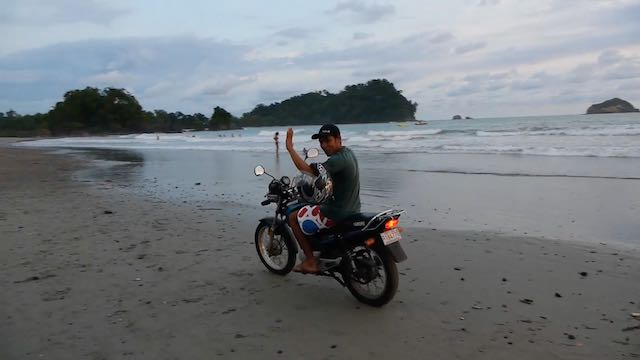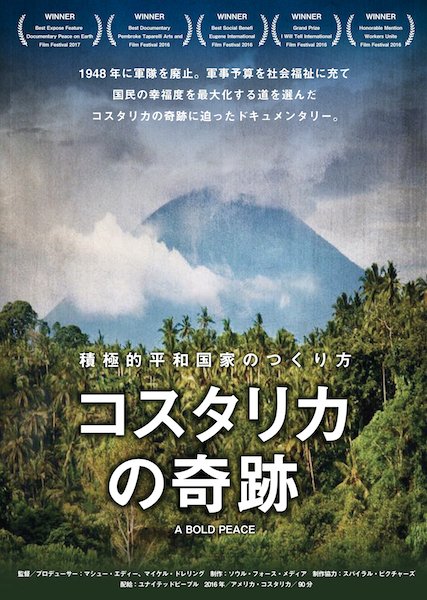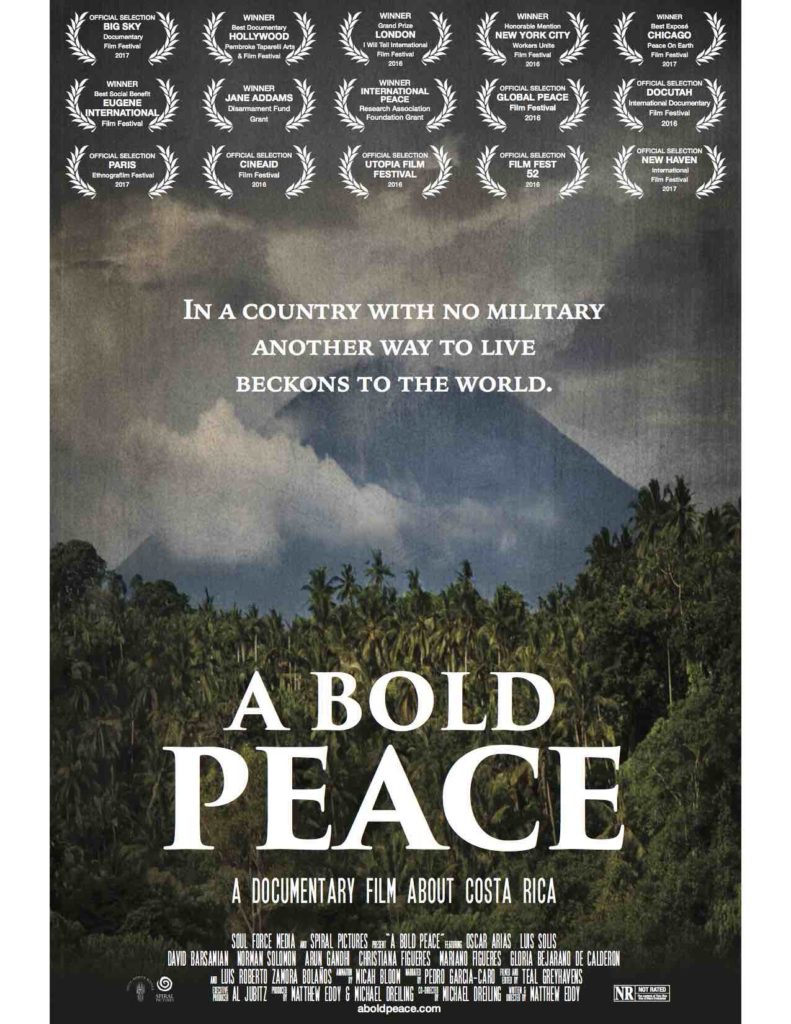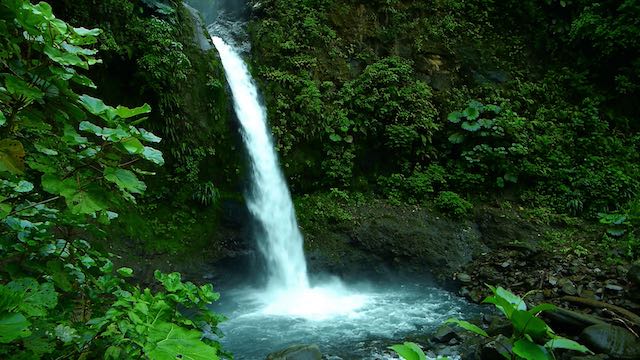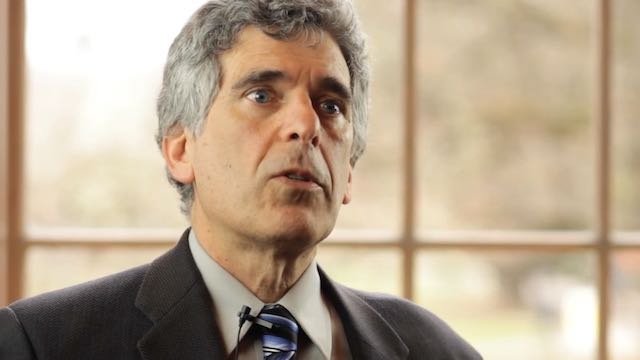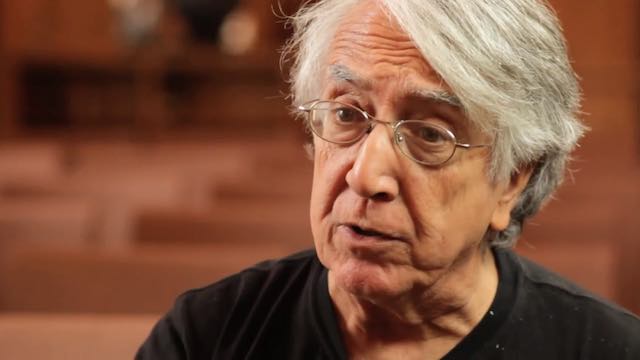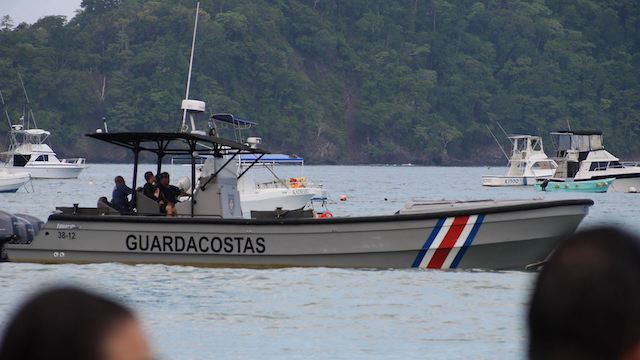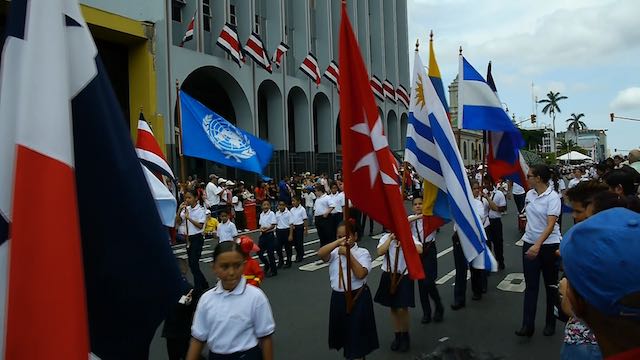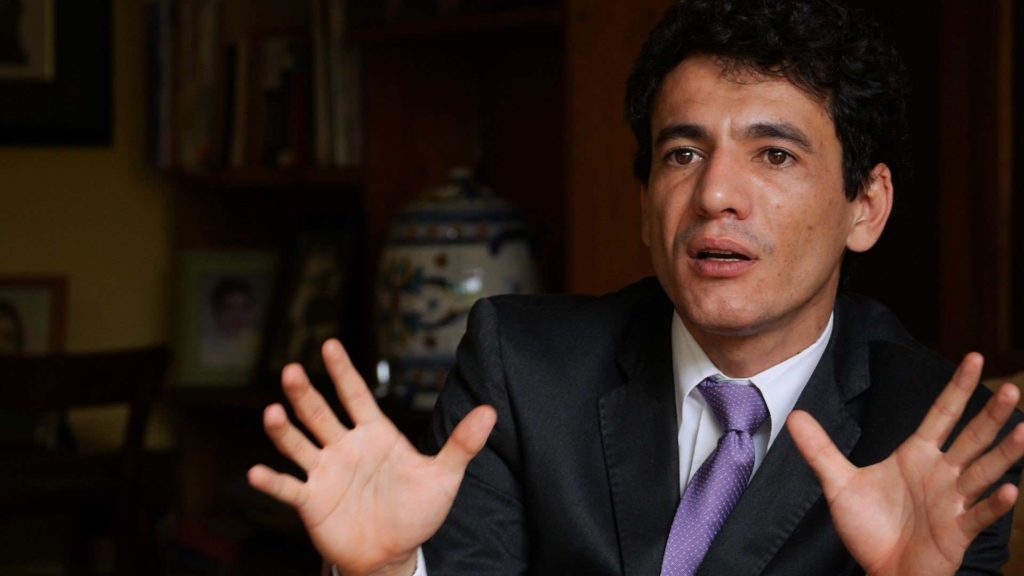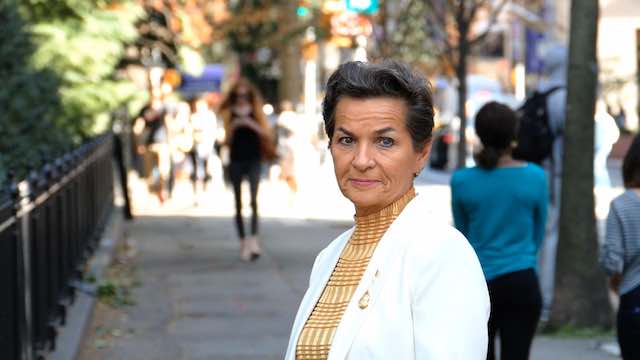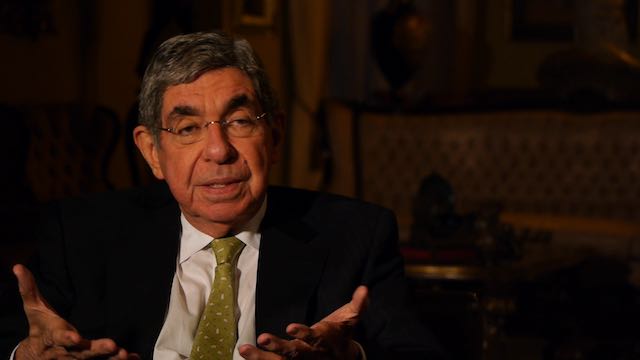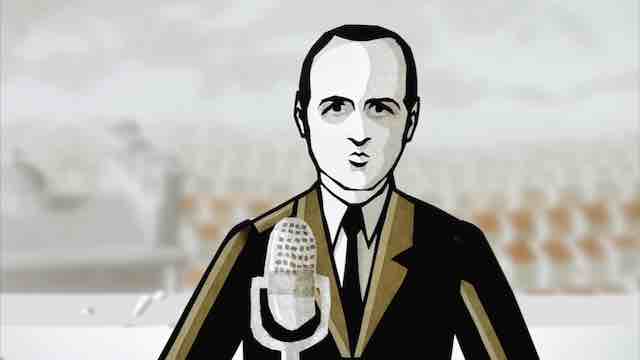About the Film:
A Bold Peace, the award-winning feature documentary about Costa Rica’s answer for world peace, is now available on Amazon Prime Video: https://www.amazon.com/gp/video/detail/B083PQQ4YS
Una Paz Audaz – the Spanish language trailer and film is also available on Amazon for rent or purchase: https://www.amazon.com/gp/video/detail/B08R7WGV2B
Both are also available for purchase and rental on Vimeo VOD:
A Bold Peace: https://vimeo.com/ondemand/aboldpeace
Una Paz Audaz: https://vimeo.com/ondemand/unapazaudaz
Teachers, schools, and libraries can purchase or rent A Bold Peace through Bullfrog Films, or learn about online streaming through Docuseek2:
http://www.bullfrogfilms.com/catalog/bold.html
In Canada, the film can be watched on the CBC’s Documentary Channel:
https://www.cbc.ca/documentarychannel/
https://www.cbc.ca/documentarychannel/m_docs/a-bold-peace
Available in Japanese through United People.
Another way to see the film is through OVID.tv.
Fans of independent documentary films can sign up for a one month subscription of OVID and you can see A Bold Peace and hundreds of other award-winning, independent documentary films for only $6.99. You can cancel the OVID subscription at any time.
———————————————————————————————————————–
Over 70 years ago, Costa Rica became one of the only nations in the world to disband their military and to redirect national resources towards education, health, and the environment. Since then, Costa Rica has earned the number one spot in the Happy Planet Index, a ranking of countries based on measures of environmental protection and the happiness and health of its citizens. And the World Database of Happiness, with data on 149 nations compiled by a Dutch sociologist, lists Costa Rica as number one in self-reported happiness and number one in happy life years.
A Bold Peace juxtaposes the national policy of demilitarization (since 1948-49) with their investment in education, health, and the environment. Pointed parallels and contrasts are made with recent U.S. debates over the national debt, healthcare, the environment and the escalating cost of U.S. militarism. The film features former presidents, Costa Rican government officials, as well as scholars, journalists and citizens of Costa Rica.
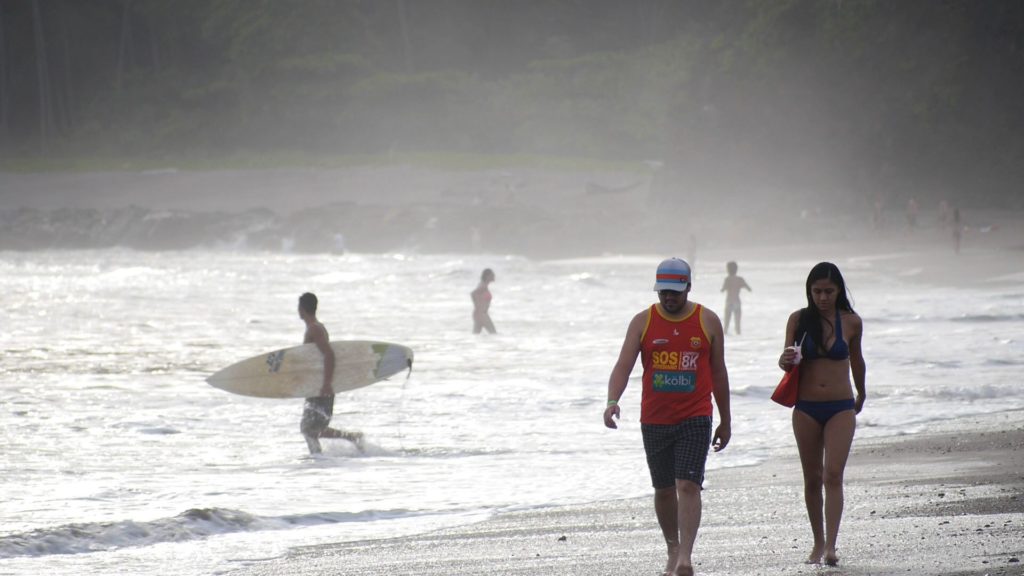
Unfortunately, the Costa Rican example has received very little international attention. This documentary film will bring attention to Costa Rica’s inspirational national project, answering why happiness, health, and human rights occupy a relatively prominent place in this Central American country.
- “….Every gun that is made, every warship launched, every rocket fired signifies, in the final sense, a theft from those who hunger and are not fed, those who are cold and are not clothed…” - - President Eisenhower (1953): Cross of Iron Speech
- “The cost of one modern heavy bomber is this: a modern brick school in more than 30 cities….” - - President Eisenhower (1953): Cross of Iron Speech
- “Under the cloud of threatening war, it is humanity hanging from a cross of iron… Is there no other way the world may live?” - - President Eisenhower (1953): Cross of Iron Speech
- “The money other countries spend on arms, here it’s spent on roads, on running water, on electricity, on hospitals, on schools.” - Oscar Arias (former President of Costa Rica and Nobel Peace Prize winner)
- “Peace is a never-ending process. It cannot be forced on the smallest nation or imposed by the largest.” - Oscar Arias (former President of Costa Rica and Nobel Peace Prize winner)
- “The army is a thing of the past. War is not normal in human life. Peace is normal.” – José Figueres (former President of Costa Rica)
- “We have shown the world that it is possible for a country like ours to live without an army.” - Oscar Arias (former President of Costa Rica and Nobel Peace Prize winner)
- “Why not abandon the fear and the causes of the fear? War represents the tribal past of mankind.” – José Figueres (former President of Costa Rica)
- “Peace is not easy. Perhaps it’s easier to wage war.” - Oscar Arias (former President of Costa Rica and Nobel Peace Prize winner)
- “There’s a great danger of turning society into machines who are producing goods and services and doing away with many of the spiritual aspirations of mankind.” – José Figueres (former President of Costa Rica)
- “Development cannot be neutral. We are committed to the poor.” - Oscar Arias (former President of Costa Rica and Nobel Peace Prize winner)
- “We want to be a civilian society, not a military one. We have been developed by lawyers, by educators, not by soldiers, and we want to remain that way.” - Oscar Arias (former President of Costa Rica and Nobel Peace Prize winner)


